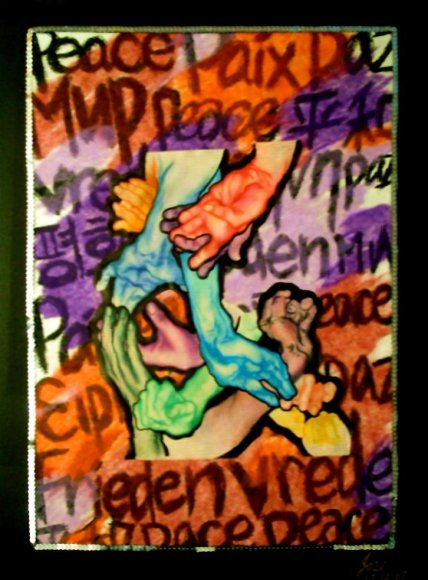While democracy can be simply defined by four words: “ruled by the people,” we all know it is more complex than that. I believe that such minimalistic definition of democracy is used to prevent contradictory interpretations of democracy resulted from different ways of conceptualization. As such, when we try to define democracy, we should keep in mind whether we are looking through the lenses of an ideal or doctrine, of certain kinds of behavior towards others, or of certain institutional and legal arrangements. [1]
In my view, democracy should neither be defined by certain kinds of behaviors nor institutional and legal arrangements, but by its ideal in protecting liberty and equality of citizens. Liberty, as Aristotle argues, includes the political liberty to participate in political decision-making and to speak freely in both public and private domains, as well as the private liberty to live more or less as one pleased. In terms of equality, which is the practical basis of liberty, people are expected to have an equal share of ruling. This means that democracy entails legal and political equality or even economic equality (if it can facilitate political equality).
My idea that democracy should be conceptualized by its ideal is derived from the fact that the practices of democracy have evolved over time from the classical Greek model to the contemporary ones. Yet, the principles of popular sovereignty, as well as of liberty and equality, have remained as the foundations of democracy along the time. I shall first introduce the basic practical differences between classical and contemporary democracy, so to illustrate that the ideal of democracy has remained constant.
To begin, classical democracy is defined by the Aristotelian idea that citizens should enjoy political equality in order to be free to rule and be ruled in turn. Classical democracy claims that all citizens could and indeed should participate in the creation and nurturing of common life. Thus, citizens are expected to commit to the principle of civil virtue, by dedicating themselves to their state and subordinating their private life to public affairs and the common good. This belief is confirmed by the fact that, in 510 B.C. ancient Greece, there was an assembly which was held every ten days in a room that could contain 6000 people, and that everyone could take part. To safeguard the principle of political equality, 500 citizens (50 x 10 tribes) were chosen by lot to be members of the Council, so that they could bring an idea to the Assembly, whose members would make the final decision. Because of the alternation of the Council’s membership, most citizens would have some time of governing in life.
Because of the expansion of the scale of ruled continent and the increased demand for citizens’ times in areas other than politics, contemporary democracy – in contrast with the classical one – is characterized by passive citizens’ role and representation. As citizens are supposed to delegate their political power to their representatives, their political participation is mostly defined by direct participation such as voting, and indirect such as protesting. Despite the minimalist idea of citizenship, the normative principle of political equality still entrenches to maintain equal formal political rights among citizens, as confirmed by the fact that each citizen would only accorded one vote in an election so to prevent wealth, power, or status from privileging any citizen.
From such comparison, we can see that although the practices of democracy have changed, its ideal has not. Furthermore, by conceptualizing democracy through its ideals rather than practices, we can also mediate the debate on the democratic deficit – that democracy has failed to function the way it should have. If we understand that at the outset democracy is an ideal which guides us toward more common goods, we will be more willing to seek ways to minimize the gap between reality and such ideal. Since minimizing the gap can be pursued by innovating institutional arrangements or other practices of democracy, conceptualizing democracy through practices is a constrained way to promote democracy.
[1] Crick, Bernard R. Democracy: a Very Short Introduction. Oxford: Oxford UP, 2002. Print. P.11
